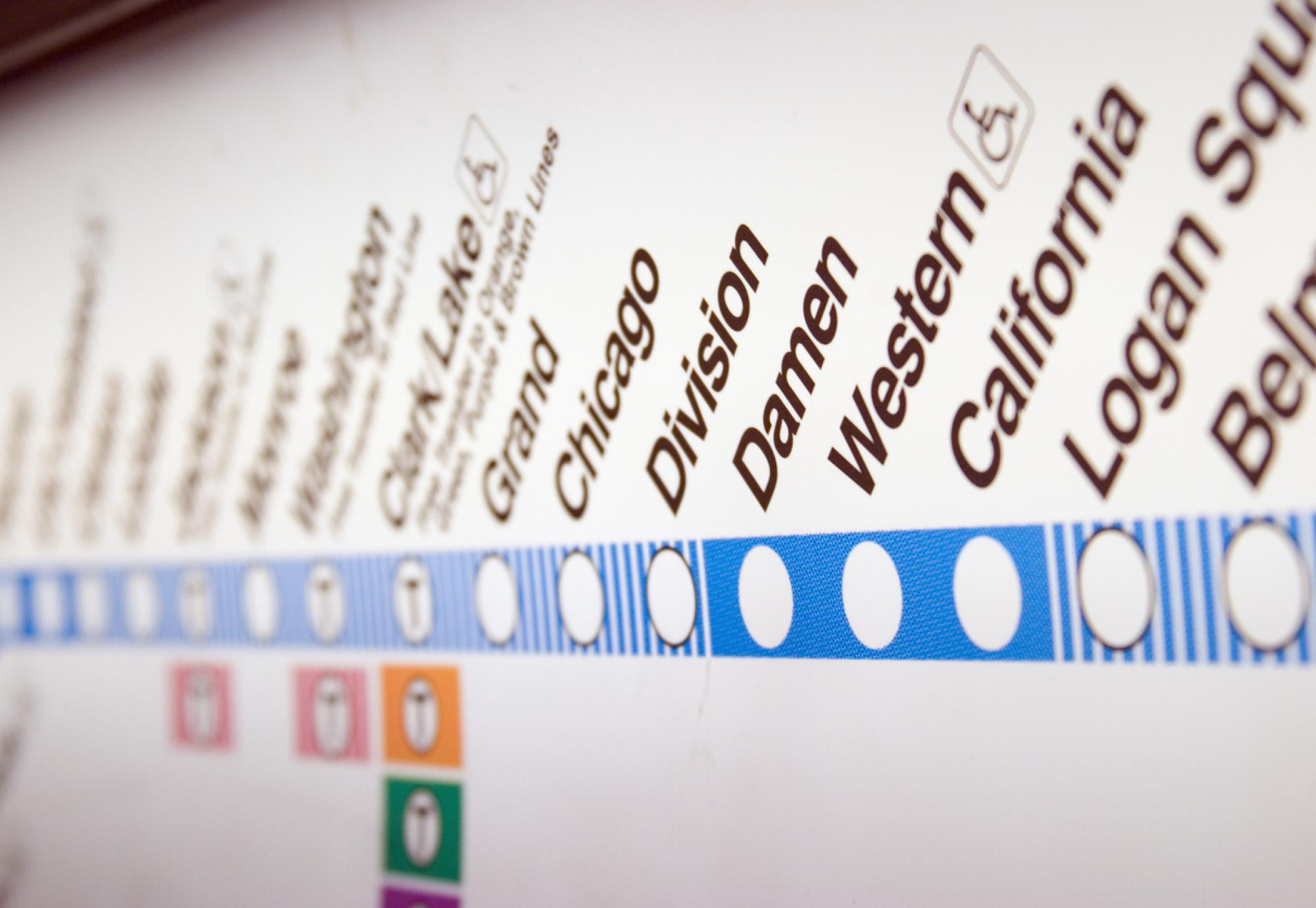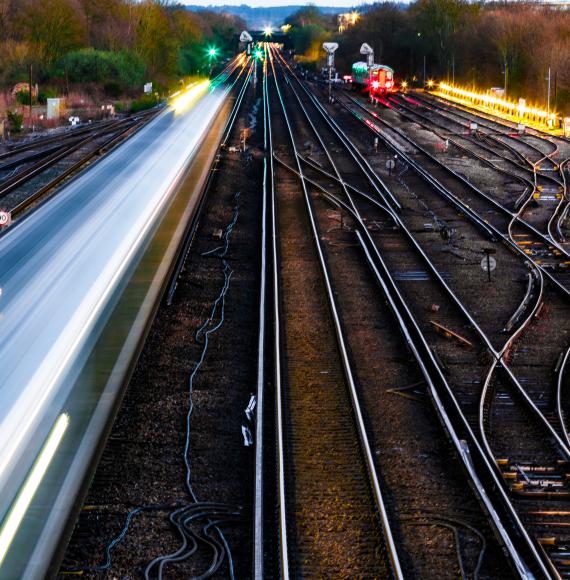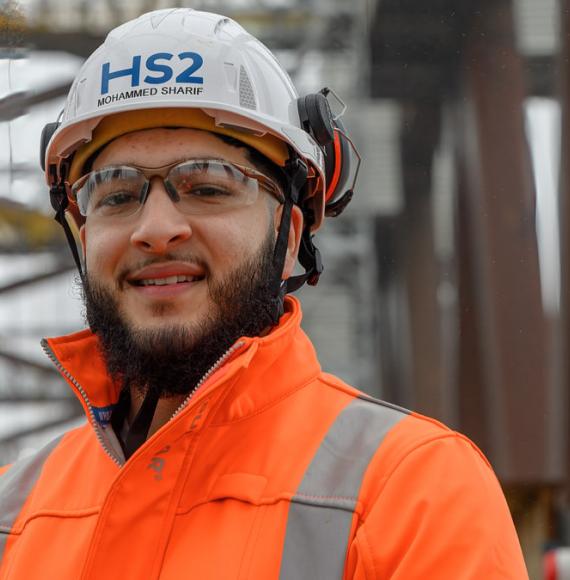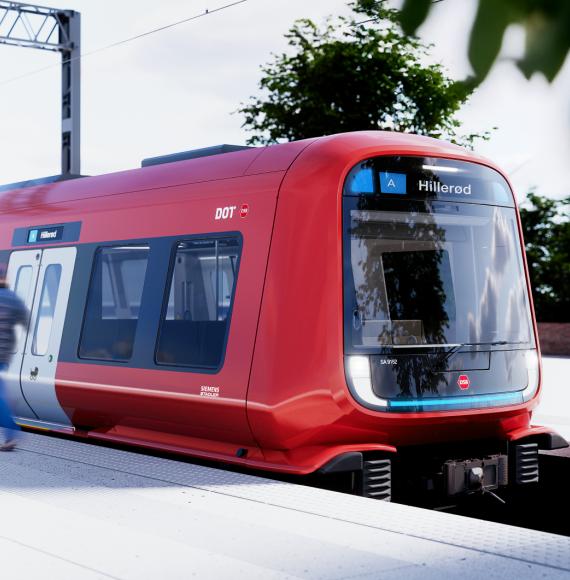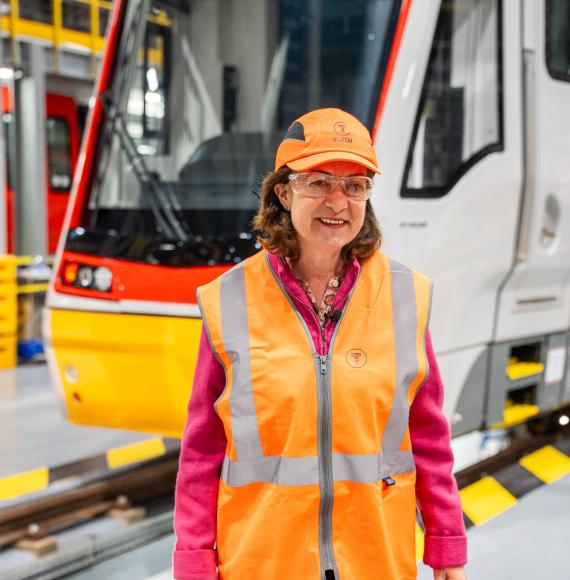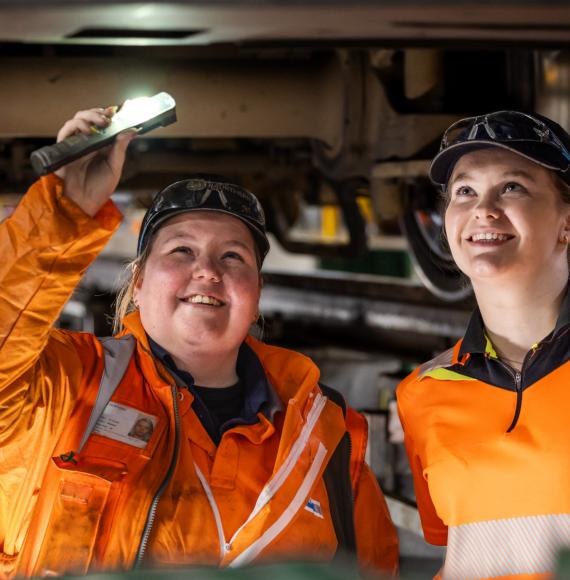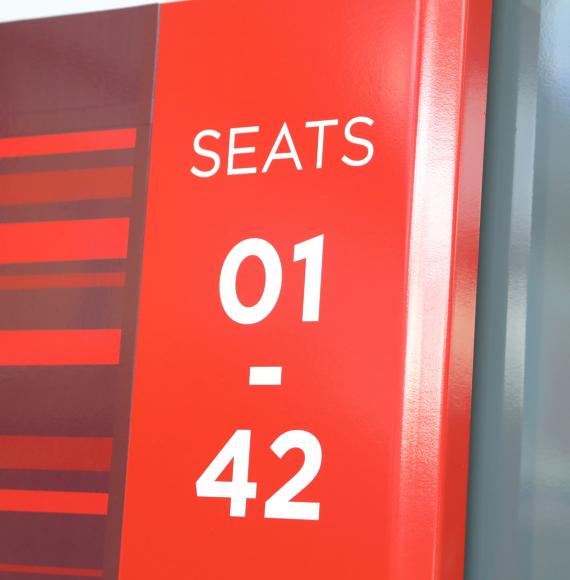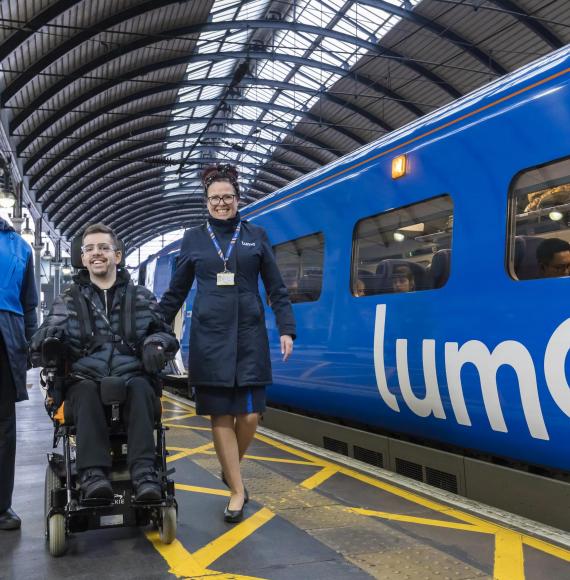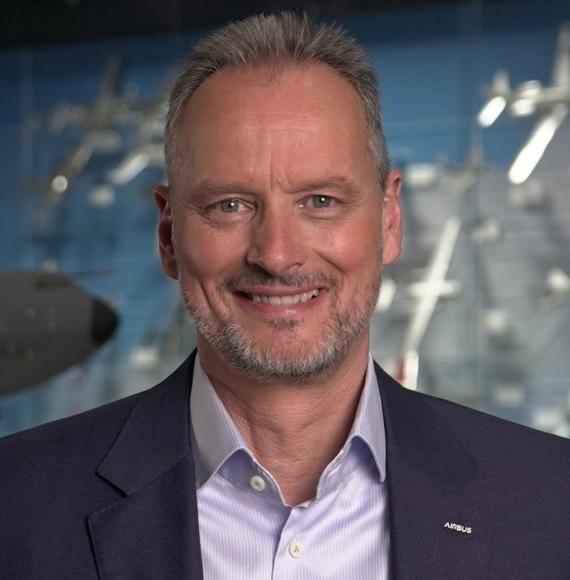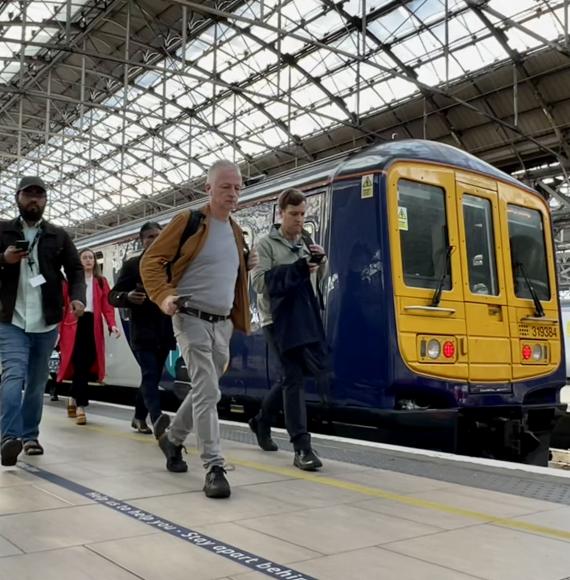Metra, the commuter rail service for the Chicago metropolitan area, is set to receive the largest grant in its history to purchase battery-powered, zero-emission trainsets. The $169.3 million grant from the federal Congestion Mitigation and Air Quality Improvement (CMAQ) program will allow Metra to acquire up to 16 trainsets, making it one of the first commuter railroads in the United States to operate the green technology.
CMAQ funding is awarded to projects that reduce traffic congestion and improve air quality. Metra's trainsets are expected to do both, as they will eliminate carbon emissions from the railroad's fleet and reduce noise pollution for communities along its lines.
The battery-powered trainsets will also offer several other benefits over Metra's traditional diesel-powered trains. They are expected to accelerate and brake faster, making for a more efficient and reliable ride for passengers. They are also more fuel-efficient, which will save Metra money on operating costs.
Metra plans to introduce the battery-powered trainsets on its Rock Island Line, which runs from Joliet to downtown Chicago. The Rock Island Line serves several economically disadvantaged neighbourhoods on the South Side of Chicago and in the south suburbs, so the introduction of zero-emission trains will have a direct impact on air quality in these communities.
“We think zero-emission trainsets could be an exciting and positive addition to Metra’s fleet for a variety of reasons,” said Metra CEO/executive director Jim Derwinski. “Beyond the environmental and noise reduction benefits, they also offer savings in energy consumption as well as better efficiency, flexibility, and reliability.
Along with our other initiatives, they would continue to make Metra a responsible and effective leader in green energy technology.”
In addition to the environmental benefits, the battery-powered trainsets will also help Metra achieve its vision of providing more frequent all-day service. The trainsets are lower-capacity than Metra's traditional trains, making them more economical to operate during off-peak times. This could allow Metra to offer more service without increasing its operating costs.
The CMAQ grant is the latest in a series of major federal awards that Metra has received in recent years. In 2022, Metra secured a record-breaking $204.1 million in competitive federal grants for Metra projects.
This included $117 million for the next phase of the UP North Line bridge replacement program, which is the largest discretionary grant that Metra has ever received.
Photo Credit: iStock

